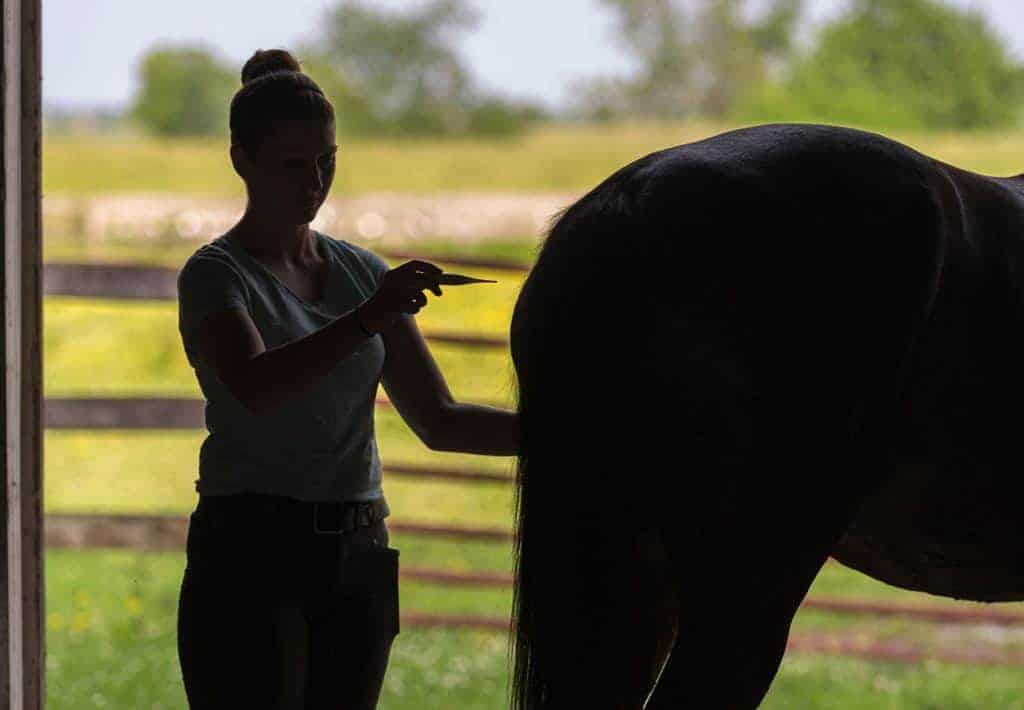
EHV-1 Confirmed in Lincoln County, South Dakota, Horse
The horse that tested positive for EHV-1 has traveled extensively in South Dakota for cutting and sorting events in the past few weeks.

The horse that tested positive for EHV-1 has traveled extensively in South Dakota for cutting and sorting events in the past few weeks.
Officials confirmed cases of equine influenza, EHV, equine infectious anemia, and other equine infectious disease outbreaks.

A horse’s sinus cavities are complex, which makes diagnosing and managing equine sinus diseases challenging for veterinarians.

The EHM-positive 5-year-old Standardbred gelding from Washtenaw County developed acute neurologic signs and is isolated and under veterinary care, officials said.
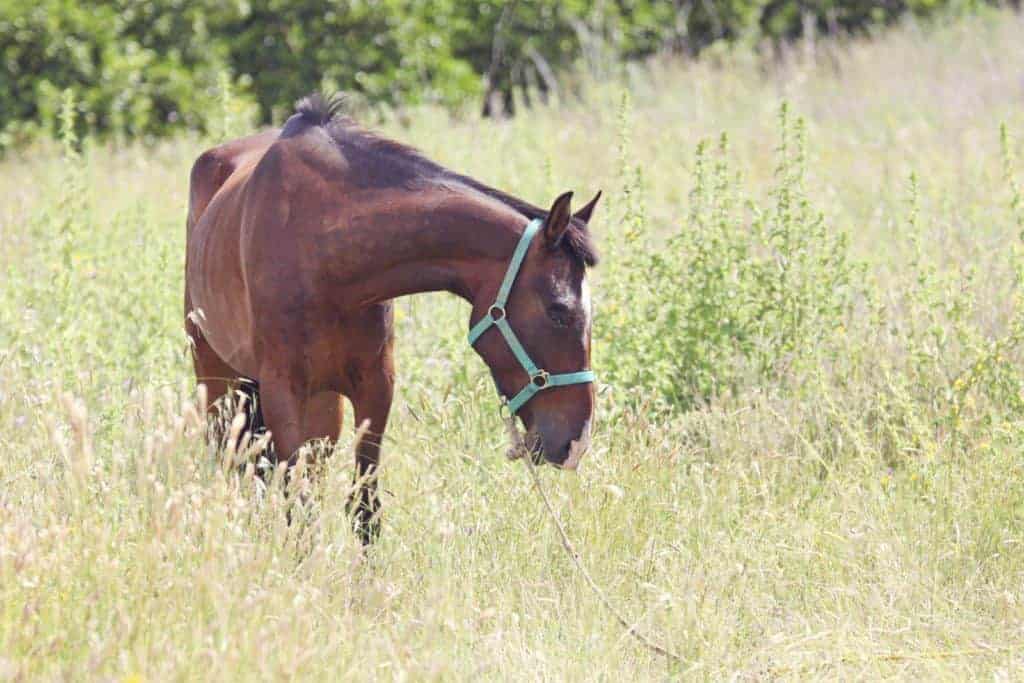
Horses with myositis experience rapid, widespread gluteal and epaxial muscle atrophy. Here’s what veterinarians know about about this immune-mediated condition.

Draft horses, horses from the Midwest, and those used for farming and ranching or breeding are most at-risk of contracting coronavirus, researchers found.

Use this four-step plan to keep equine infectious diseases in check.

Learn more about equine sleep patterns and six different types of sleep deprivation in horses.

A veterinarian can help determine risk factors in your area, the best time for vaccination, and what is right for each individual animal.
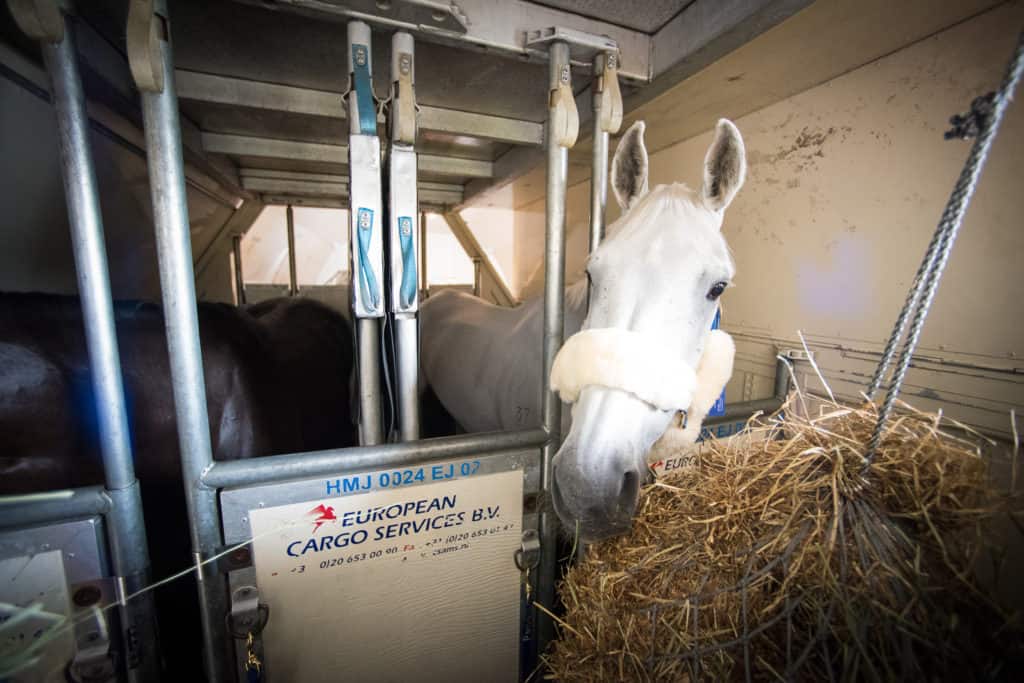
Researchers determined that SAA is a more reliable indicator of inflammation than rectal temperature in traveling horses.

The updated biosecurity guidelines are designed to help minimize the occurrence and mitigate the spread of potential disease outbreaks.

Researchers evaluated 1,154 Thoroughbreds’ Timeform ratings and performance before and after vaccination and detected no difference in form.

If foals are diagnosed and treated early they generally have a fair to good chance to make a full recovery.
The AAEP’s updated guidelines includes newly created guidelines for Rhodoccocus equi.
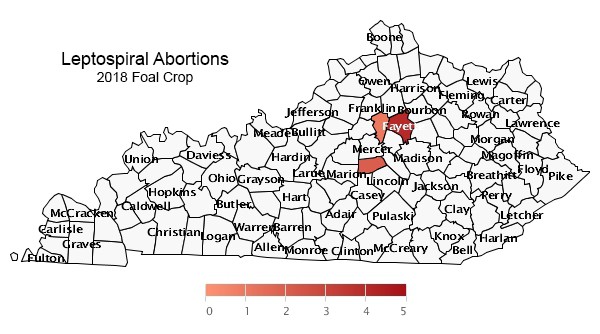
Leptospirosis is a costly disease that can cause problems such as abortion, premature birth, and more in horses.
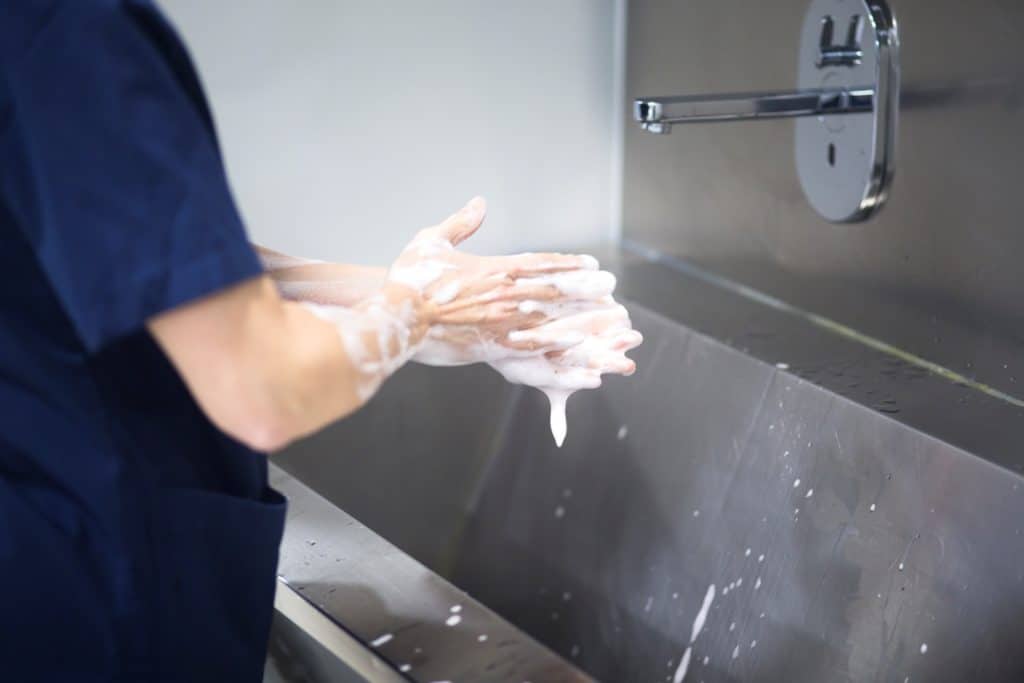
This confirms the need for good hygiene within vet hospitals to prevent MRSA spread between veterinarians and horses.
Stay on top of the most recent Horse Health news with
"*" indicates required fields